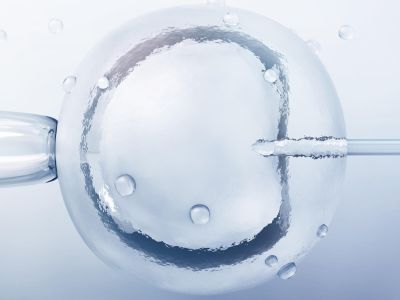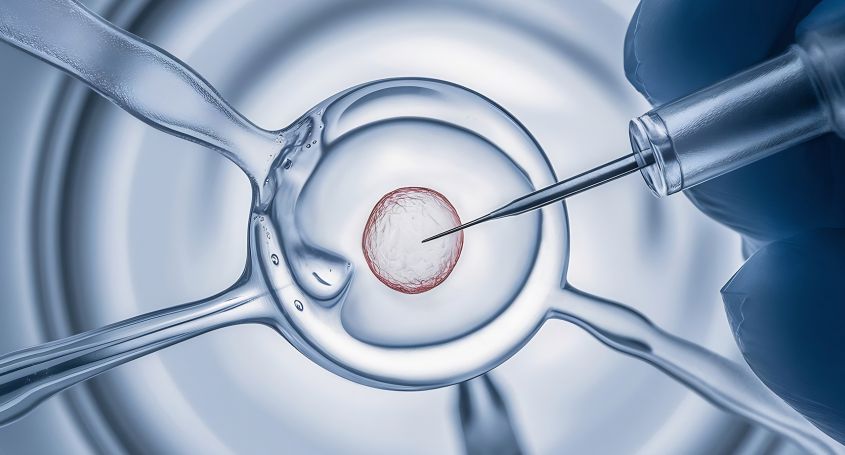In the world of assisted reproduction , there is a fundamental step to achieving pregnancy: the selection of the embryo with the greatest chances for success. But do you know what the classification criteria for embryos in in vitro fertilization (IVF) are? Do you know what technique we use at Barcelona IVF thanks to technological advances in embryo selection? In this post, we tell you what you need to know about embryos and their quality in in vitro fertilization.
How are embryos classified?
According to the Association for the Study of Reproductive Biology (ASEBIR), the embryo quality can be classified into 4 groups:
Category A: The embryo is of optimum quality and has maximum chances for implantation.
Category B: The embryo is of good quality and has high chances for implantation.
Category C: The embryo is regular and has low chances for implantation.
Category D: The embryo is of poor quality and has very few chances for implantation.
To evaluate the quality of embryos and to be able to classify them, we must take into account a number of factors, such as the speed of cell division, the shape of the blastocyst, the number of cells in the embryo and their symmetry, the percentage and type of cell fragmentation, etc.
Discover the EmbryoScope
The EmbryoScope is an incubator with an image capture system that allows the embryos to be assessed at any given time without the need for them to be removed from the incubator. This system captures time-lapse images, which allows for the monitoring of embryo development. What's more, it does not cause variations in the embryo culture conditions; thus, it allows us to obtain better quality embryos -- that is, embryos with higher chances of bringing about pregnancy.
How long can the embryos be in the laboratory?
In the in vitro fertilization laboratory, the evolution of embryos is taken into account on a daily basis. We consider day 0 to be the day of ovarian drilling; that is, the day that we obtain and inseminate the oocytes with sperm. Thereafter, the embryo can be left until day 6 of its development and, depending on how it evolves, the embryo transfer to the woman's uterus takes place on days 5 or 6 of its development.

















